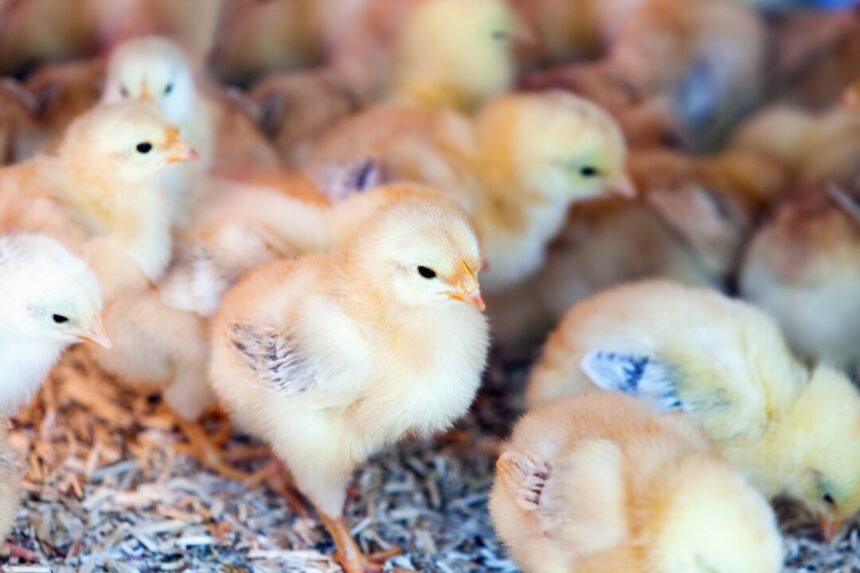Isa Brown chickens are renowned for their exceptional egg-laying abilities, making them a popular choice among poultry farmers worldwide, including South Africa. If you’re interested in breeding Isa Brown chickens in South Africa, there are several key factors to consider to ensure a successful and profitable operation. Here are ten crucial things you should know:
- High Egg Production:
Isa Brown chickens are prized for their remarkable egg-laying capabilities. These birds have been selectively bred to produce a consistently high number of eggs, making them ideal for commercial egg production ventures. - Adaptability to South African Conditions:
Isa Brown chickens are well-suited to the diverse climatic conditions found in South Africa. They can thrive in various environments, including free-range systems and intensive housing facilities, making them versatile and adaptable to different farming setups. - Hybrid Genetics:
Isa Brown chickens are the result of careful hybridization, combining traits from various breeds to optimize egg production. Their genetic makeup ensures a balance between egg quantity, quality, and overall bird health. - Early Egg Production:
One of the distinct advantages of Isa Brown chickens is their early onset of egg production. These birds typically start laying eggs at around 16-18 weeks of age, allowing farmers to quickly recoup their investment and start generating income. - Nutritional Requirements:
Providing a balanced diet is essential for maximizing the egg-laying potential of Isa Brown chickens. Farmers should ensure access to quality feed formulated specifically for laying hens, containing essential nutrients such as protein, calcium, and vitamins. - Housing and Management:
Proper housing and management practices are critical for maintaining the health and productivity of Isa Brown chickens. Farmers should provide adequate shelter, ventilation, and space to accommodate the flock’s needs and minimize stressors that could affect egg production. - Healthcare and Disease Management:
Vigilant healthcare and disease prevention measures are essential for ensuring the well-being of Isa Brown chickens. Regular vaccinations, parasite control, and biosecurity protocols should be implemented to prevent the spread of diseases and minimize health risks. - Egg Handling and Quality Control:
Implementing proper egg handling and quality control procedures is vital for maximizing product quality and safety. Farmers should promptly collect eggs, store them in clean and hygienic conditions, and regularly inspect for any abnormalities or defects. - Market Demand and Pricing:
Understanding market demand and pricing dynamics is crucial for commercial Isa Brown chicken producers. Farmers should conduct market research to identify potential buyers, establish competitive pricing strategies, and adapt production levels to meet consumer preferences. - Continuous Monitoring and Evaluation:
Regular monitoring and evaluation of flock performance are essential for optimizing productivity and profitability. Farmers should track key metrics such as egg production, feed efficiency, mortality rates, and overall flock health to identify areas for improvement and make informed management decisions.
Breeding Isa Brown chickens in South Africa offers promising opportunities for poultry farmers seeking to capitalize on the growing demand for high-quality eggs. By understanding the breed’s characteristics, implementing sound management practices, and prioritizing health and nutrition, farmers can build successful and sustainable Isa Brown chicken enterprises that contribute to the country’s agricultural development and food security efforts.
Join 'Farmers Mag' WhatsApp Channel
Get the latest Farming news and tips delivered straight to your WhatsApp
CLICK HERE TO JOIN






